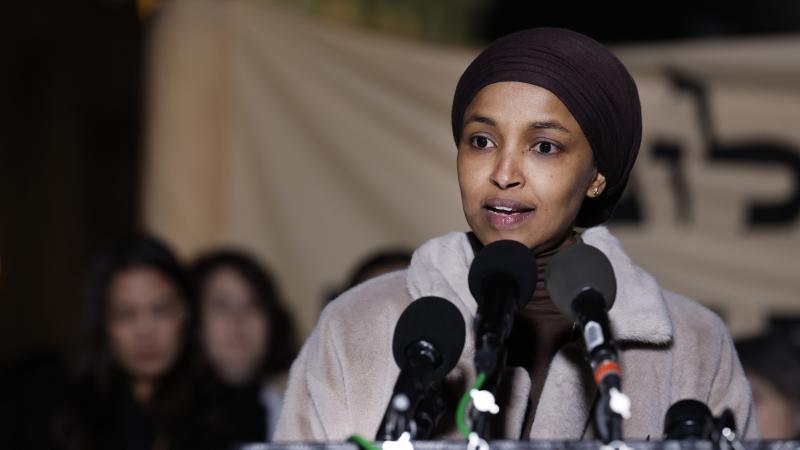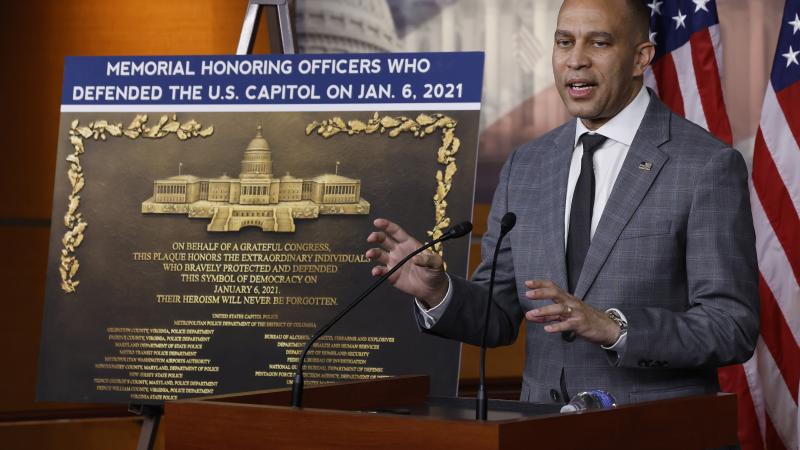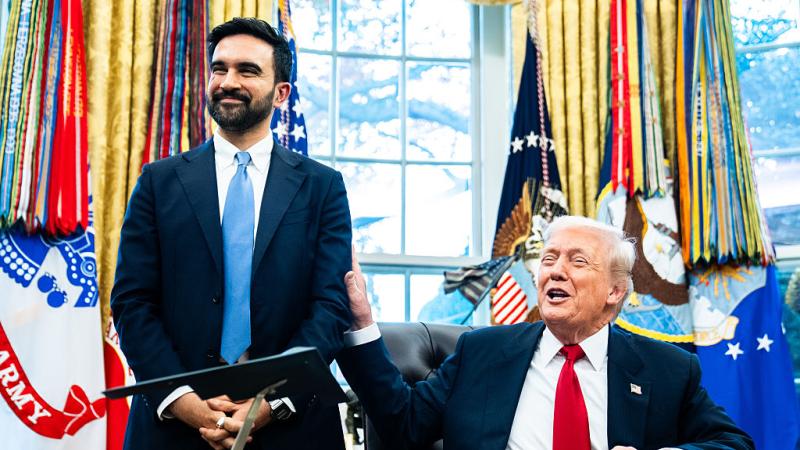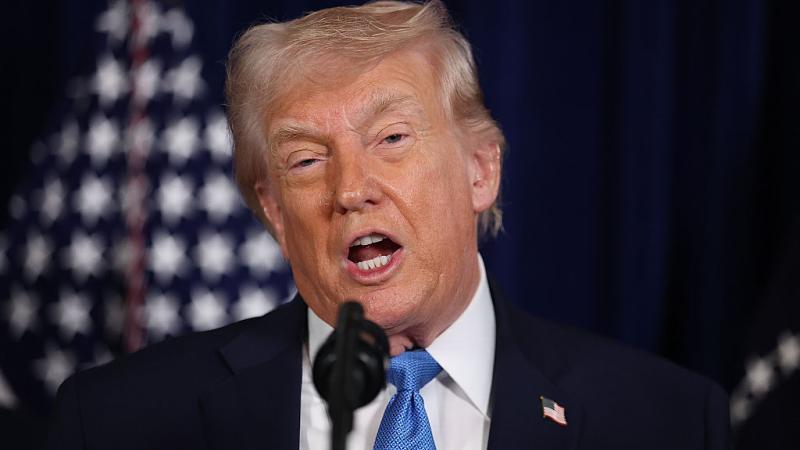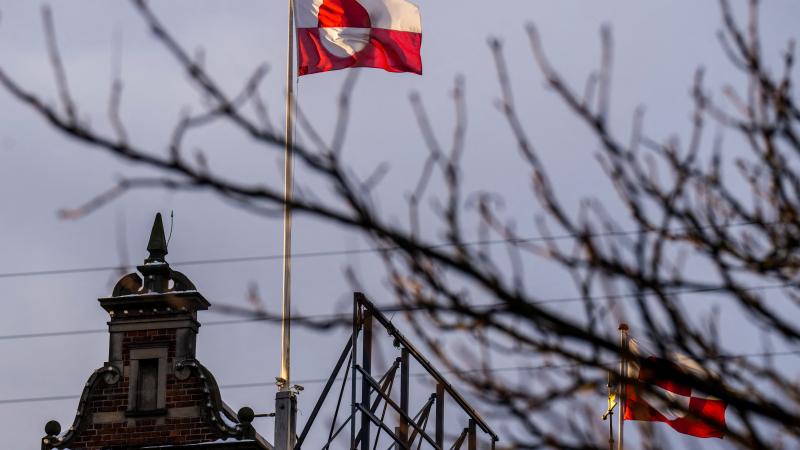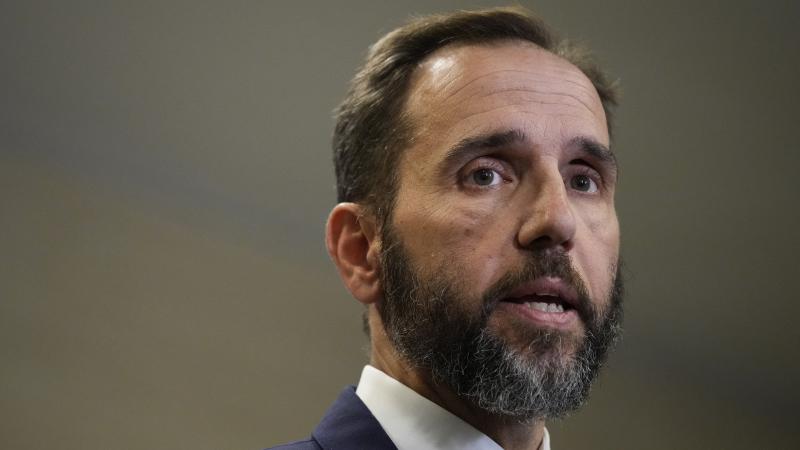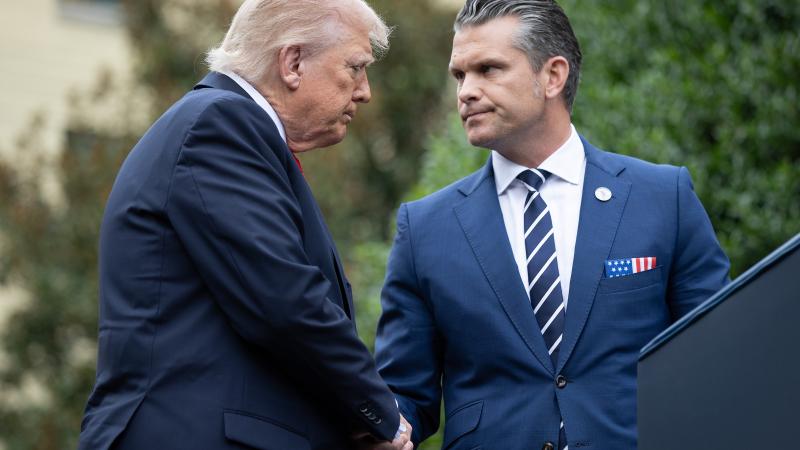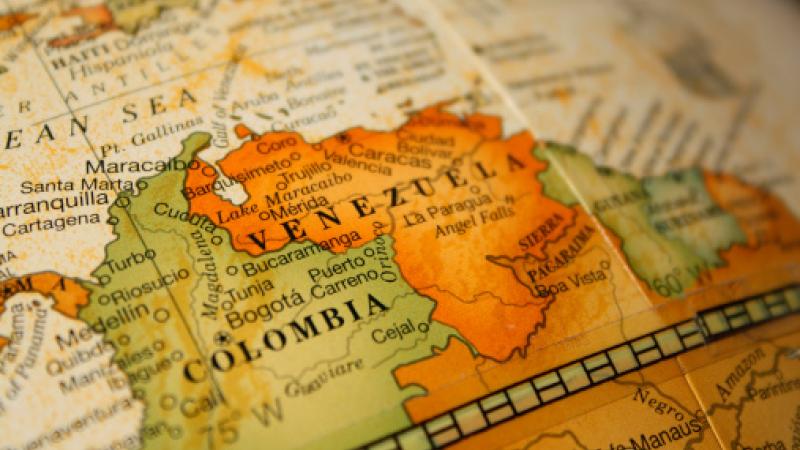No taxpayer funds for censorship promotion, cooperation abroad in House GOP bill
The No Funding or Enforcement of Censorship Abroad Act (HR 9850) would cut off foreign assistance to private entities promoting censorship and ban U.S. law enforcement from helping foreign countries promote censorship.
House Republicans have introduced legislation to cut off the taxpayer spigot to promotion and facilitation of censorship abroad, whether advocacy by private entities or U.S. law enforcement cooperation with foreign governments to promote censorship of content that would be legal in the U.S.
Rep. Chris Smith, R-N.J., on Monday introduced the No Funding or Enforcement of Censorship Abroad Act (HR 9850) with House Weaponization Subcommittee Chair Jim Jordan, R-Ohio, and Rep. Maria Salazar, R-Fla.
The bill, if passed by Congress and signed into law, would prohibit U.S. law enforcement from helping foreign censorship directives against U.S.-based internet companies.
"The Biden-Harris Administration has weaponized U.S. foreign assistance programs and other means to promote censorship in Brazil and crack down on free speech that would be protected under our U.S. Constitution here at home," said Smith, chair of the House Foreign Affairs Committee's Global Human Rights Subcommittee, in a press release.
Smith cited a recent report by Civilization Works, founded by Twitter Files journalist Michael Shellenberger, that found several U.S. entities "directly and indirectly" involved in what it calls Brazil's censorship-industrial complex, including the White House, Congress, FBI, National Endowment for Democracy, National Science Foundation, State Department and U.S. Agency for International Development.
The bill traces U.S. involvement back more than six years, when FBI agents and a Justice Department "counterespionage" agent met with a "special council" of a Brazilian election court to discuss DOJ and FBI efforts to fight what they called fake news and protect election integrity.
Brazilian courts led by Justice Alexandre de Moraes have banned Elon Musk's X in the country and threatened fines of nearly $9,000 against the social media network's users in the country who attempt to circumvent the block. The White House took three weeks to condemn Brazil's actions.
De Moraes "received and implemented recommendations on censoring content from several non-governmental organizations" including the Atlantic Council's Digital Forensic Research Lab, which receives State and USAID funding, according to the bill.
"The United States must defend Elon Musk from the attacks of Alexandre de Moraes and the other forces of socialism in Brazil,” Salazar said.
Foundation for Freedom Online founder Mike Benz, a former Trump administration State official, told Just the News his group spent "six months of effort breaking this and working with members of Congress to create the coalition" for the legislation.
Alliance Defending Freedom Senior Counsel Jeremy Tedesco praised the bill for "shining light on a growing global censorship problem in urgent need of congressional attention."
"It is staggering to realize that the very officials who swore an oath to our nation’s Constitution are using our tax dollars to silence ordinary citizens around the world," he said in a press release. "At its worst, the situation in Brazil looks like an attempt by U.S. government departments and agencies to test-drive a censorship scheme aimed at the American people."
The National Science Foundation told Fox News it doesn't censor Americans' speech but rather "invests in a wide variety of research to help us understand how people use and interact with communications technologies and tools that allow for things like deep fakes," which serves "this nation's national and economic security interest" by learning how "our adversaries are already using these technologies against us."
Moraes on Tuesday reportedly ordered the unblocking of the Musk's bank accounts in the country after the social media platform agreed to pay more than $5 million in fines, paving the way paving the way for the suspension of X to be lifted in Brazil, where it has been off-limits to users since Aug. 31.


